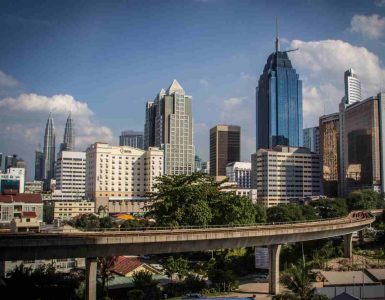He was a scholar and revolutionist who recognized Sibu’s potential, upon arriving here from China in May 1900.
A Chinese Christian reformer who was active in Fuzhou between 1869 and 1919, it did not take long for Wong Nai Siong to foresee Sibu’s vast suitability for crop cultivation.
Also known as Huang Nai Shang, the man then entered into an agreement with the Sarawak Rajah, Sir Charles Brooke, to engage Chinese immigrants to set up a settlement.
Beginning in February 1901 and thereafter, Wong brought in 1,118 peasants and labourers here. The rest, as they say, is history.
Sibu now boasts of many descendents of the immigrants who have become the nation’s top corporate and political leaders.
Having died in 1924, Wong may be no more but his legend lives on.
Today, a book on the man known as Sibu’s Chinese Foochow settlement founder(‘Kangchu’ of the ‘New Foochow Settlement’) was launched here, in conjunction with the community’s 110th settlement anniversary.
Titled ‘Wong Nai Siong’ or ‘Huang Nai Shang’, it was written by his great grand-daughter, Anne Pang, who was given the honour to launch the book.
This biographical account offers an insight into Wong’s life when he wasborn in a village in Ming Qing District of Fukien Province, China in 1849, until his death in 1924.
— BERNAMA











